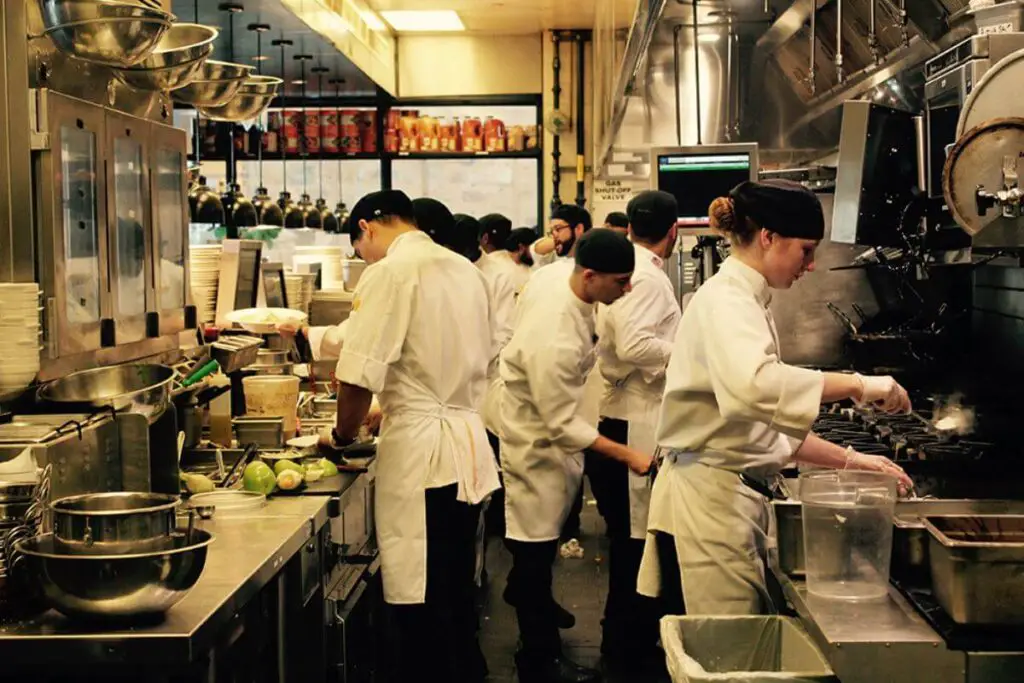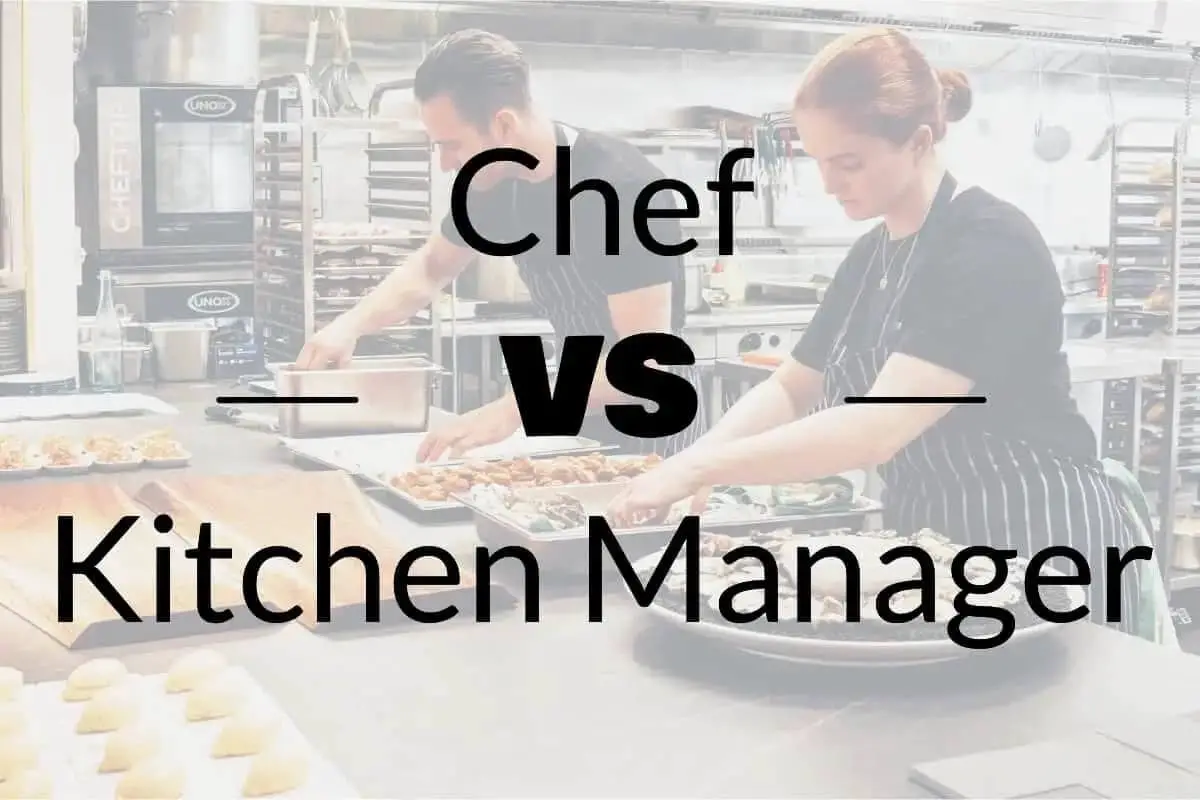In the bustling world of culinary arts, the roles of a kitchen manager and a chef are often misunderstood or interchanged. While they both play pivotal roles in the culinary industry, their responsibilities, skill sets, and contributions to a restaurant’s success are distinct. In this article, we’ll delve into the differences between a kitchen manager and a chef, shedding light on their respective roles and the importance they hold within a restaurant’s operations.
Introduction
When you step into a restaurant, the culinary magic happening behind the scenes is a harmonious result of collaboration between two key figures: the chef and the kitchen manager. While their titles may sound similar, their roles are fundamentally different, yet complementary.
The Chef’s Realm
The Culinary Mastermind
A chef is the creative force behind the restaurant’s menu. They are responsible for conceptualizing, designing, and executing the dishes that patrons savor. From selecting the finest ingredients to creating visually appealing plates, chefs are the artists of the kitchen.
Creative Cuisine Crafting
Chefs are known for their innovation and culinary prowess. They create new recipes, experiment with flavors, and adapt to changing food trends. Their focus is on taste, presentation, and consistently delivering exceptional dining experiences.
Supreme Leadership in the Kitchen
In the heat of the kitchen, chefs wear the mantle of leadership. They coordinate the kitchen staff, ensure dishes are prepared to perfection, and maintain quality standards. The chef’s domain is the stove, and their authority is essential for a well-functioning kitchen.
The Duties of a Kitchen Manager
Logistical Wizardry
Kitchen managers are the logistical backbone of the restaurant. They handle administrative tasks, such as scheduling, budgeting, and ordering supplies. Their meticulous planning keeps the kitchen running efficiently.
Staff Synchronization
Coordinating the kitchen staff’s workflow falls under the purview of a kitchen manager. They ensure that everyone works together seamlessly to meet the demands of a busy restaurant.

Inventory Management
Kitchen managers keep a watchful eye on inventory. They monitor stock levels, track expiration dates, and minimize food wastage, all while ensuring the kitchen is well-stocked for service.
Team Dynamics: Chef vs. Kitchen Manager
In the kitchen, chefs and kitchen managers complement each other’s strengths. Chefs provide creative direction, while kitchen managers maintain the necessary structure. A successful restaurant relies on this delicate balance.
The Role of Education and Experience
Culinary School and Apprenticeship
Many chefs attend culinary school or undergo apprenticeships to refine their skills. They often climb the culinary ladder through positions like sous chef, gaining experience along the way.
The Path to Kitchen Management
Kitchen managers may also have culinary training but often progress through administrative roles. Their emphasis is on organizational skills and operational efficiency.
Pay Scale and Career Prospects
Chefs and kitchen managers can both have rewarding careers, but their earning potential and career trajectories differ. Chefs may earn more recognition for their creativity, while kitchen managers often have a steadier income.
In the Heat of the Kitchen: Stress and Pressure
Both roles come with their share of stress and pressure. Chefs must handle the demands of a fast-paced kitchen, while kitchen managers juggle numerous responsibilities simultaneously.
The Chef-Kitchen Manager Collaboration
Communication is Key
Effective communication between the chef and kitchen manager is essential. They must align their strategies to ensure a smooth dining experience for customers.
Balancing Act in the Kitchen
Chefs focus on the art of cooking, while kitchen managers focus on the science of running the kitchen. Finding equilibrium in their roles ensures a harmonious kitchen environment.
The Decision-Making Process
Both the chef and kitchen manager make critical decisions daily. Chefs decide menu changes and cooking techniques, while kitchen managers make decisions related to operations and finances.
Training and Development Programs
Culinary schools and management courses offer specialized training for both chefs and kitchen managers, equipping them with the skills needed to excel in their respective roles.
Conclusion
In the culinary world, the roles of a chef and a kitchen manager are distinct yet indispensable. While chefs bring innovation and artistry to the table, kitchen managers ensure the kitchen functions smoothly. Together, they create a winning recipe for culinary success.
FAQs
Can a chef become a kitchen manager, or vice versa?
Yes, it’s possible to transition from a chef to a kitchen manager or vice versa, although it may require additional training and experience.
What is the typical salary range for a kitchen manager?
The salary range for kitchen managers varies depending on factors such as location and the size of the restaurant. On average, they earn a competitive wage.
Do kitchen managers need formal culinary training?
While culinary training is beneficial, it’s not always a requirement for kitchen managers. Organizational and management skills are equally important.
Are kitchen managers responsible for menu creation?
Kitchen managers typically focus on operational aspects, but they may collaborate with chefs on menu planning and cost analysis.
How do chefs and kitchen managers handle conflicts in the kitchen?
Conflict resolution is essential. Open communication, addressing issues promptly, and maintaining a respectful working environment are key strategies.



